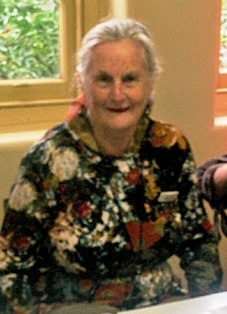As my years at school progressed, my accent blended with the local dialect and the teasing and harassment ceased but it left a lifelong scar. I never really fitted in due to my unusual accent. I was considered an outsider. I try not to judge people by their how the speak but my childhood experience has made me exceptionally aware of people’s accents, intonations and sentence structure.
Strangers frequently comment on my accent, often asking if I am Scottish or Canadian. On being told I was Irish they apologise for suggesting the other countries. They often add that they love my accent. The whole conversation makes me CRINGE. I have to try hard to be pleasant, but my inner voice is shouting “Shut up. I don’t want to discuss how I speak.” Telling me they like my accent doesn’t help. The fact that they need to comment on it causes me discomfort.
I know it is not people’s fault. They have no way of knowing I am super sensitive about this subject. It is not just the way I speak that bothers me. Many younger women’s delivery of speech is atrocious. The vocal sounds seem to emanate from far back in their throat and towards the end the words rise into a sing song inflection.
Now that I have hearing loss, I am even more aware of how people speak, particularly presenters on television and actors in movies. Clear speech and voice projection should be an essential skill for these people.
I knew an English woman who spoke without any accent. As a child her family lived equally in France and England. She never acquired the accent of either country and spoke in a lovely modulated neutral tone. I envied her exquisite speaking voice.
Writing about my “cringe” dilemma may have released some of my pent-up frustration on the subject of accents. As I write, It seems like a storm in a teacup. I will try to keep this in mind the next time I encounter a cringing episode related to this matter.
A six-word memoir before writing this essay:
Speak clearly or not at all.
A six-word memoir on completion of writing:
Let go of past negative experiences.
Elizabeth Kearns
July 2021


 RSS Feed
RSS Feed
